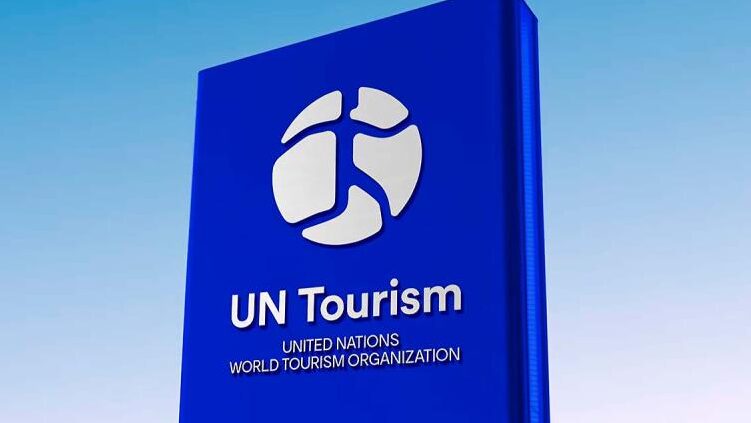Eduardo González
The Spanish government on Thursday called for a “clean, transparent, and rule-abiding” process in the appointment of the new UN Tourism Secretary-General and denied the existence of an alleged communication from Spain and 19 other countries requesting the early departure of the organization’s current leader, Zurab Pololikashvili, due to “an unacceptable violation of the impartiality and professional ethics expected of a United Nations system official.”
“Spain will not contribute to the noise being generated in the process of the 123rd UN Tourism Executive Council,” sources from the Ministry of Industry and Tourism, Jordi Hereu, told The Diplomat regarding the alleged communication. “We have always defended the decision, taken back in 2005, to limit the terms to two, and Spain is consistent with that decision,” they added.
“Spain advocates, as is only natural, a clean, transparent process that respects the rules, with information accessible and clear for all, and strictly following the applicable rules,” because this is how “integrity and trust in the process are guaranteed,” the sources stated.
“Likewise, Spain is calling on this Council to strengthen the role of UN Tourism, which involves opening a new stage in which the organization acts as a leading catalyst in the transformation of the sector,” they continued. “We are committed to ensuring that in this new stage, the new Secretary-General will promote triple sustainability and a tourism industry that is a driver of wealth creation, prosperity, and cohesion at a global level,” they concluded.
According to Efe news agency, the governments of Spain, Greece, the Czech Republic, Saudi Arabia, the United Arab Emirates, Bahrain, Japan, South Korea, India, Indonesia, Cape Verde, Mozambique, Jamaica, Lithuania, Bulgaria, Croatia, Italy, Armenia, Georgia, and Azerbaijan have sent a communication to the UN Tourism Executive Council requesting the early departure of Zurab Pololikashvili and proposing an interim mandate within the organization through the adoption of an “interim leadership agreement” with immediate effect. This interim mandate would be carried out through a “preventive mechanism” chaired by Spain, in its capacity as the permanent host of the organization.
In the alleged communication, the existence of which has been denied by Ministry sources, the signatory countries recall the recent decision of the Georgian government to officially withdraw its support for Zurab Pololikashvili’s candidacy for reelection as Secretary-General of UN Tourism, without providing reasons, and to support the candidate proposed by the United Arab Emirates.
Likewise, the 20 countries reportedly accused Pololikashvili of having written a letter to the member states in which he “attacks the sovereign decision” of Georgia. “The content, tone, and use of organizational channels for personal campaigning purposes of the letter represent, in our opinion, an unacceptable violation of the impartiality and professional ethics expected of a United Nations system official,” the signatory countries stated.
This entire controversy coincided with the start, at the Royal Site of San Ildefonso, in La Granja (Segovia), of the 123rd meeting of the UN Tourism Executive Council. Spain is represented by the Minister of Industry and Tourism, Jordi Hereu, and at which the name of the new Secretary-General will be proposed. His appointment must be ratified at the end of the year by the organization’s General Assembly in Saudi Arabia.
Georgia’s withdrawal of support invalidates, in principle, Pololikashvili’s candidacy, as he was seeking a third term. At the previous General Assembly, held in Samarkand, Uzbekistan, in October 2023, he was reappointed, with Spain and other countries voting against him. In this vote, if Zurab Pololikashvili is ultimately excluded, the candidates to succeed him are Gloria Guevara (Mexico), Harry Theoharis (Greece), Muhammad Adam (Ghana), Shaikha Al Nowais (United Arab Emirates), and Habib Ammar (Tunisia).
